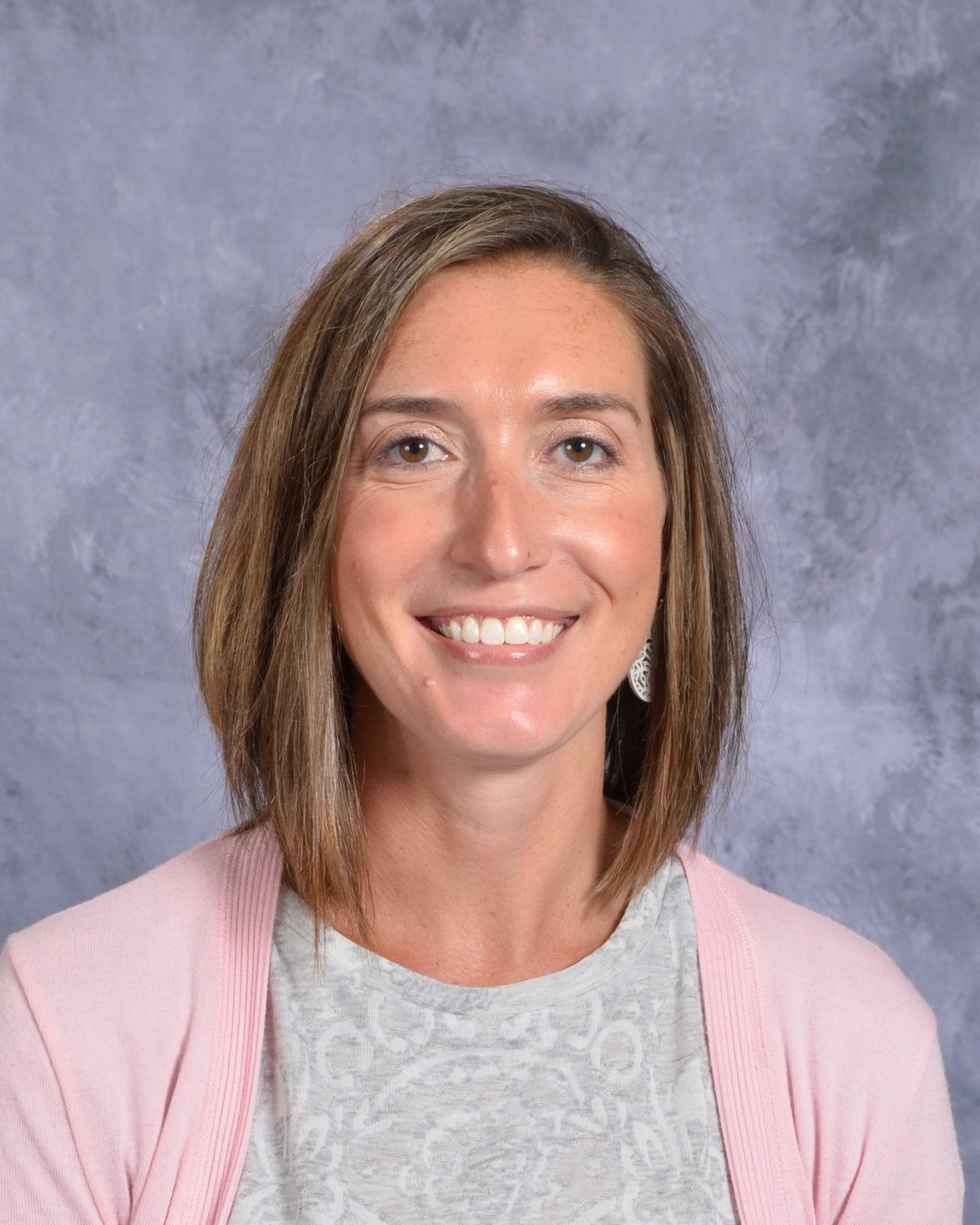Education Occupations
Take the first step in learning to teach.
High impact, high demand. The education field remains the second-largest industry in the U.S. and, despite many changes in recent years, career opportunities are expected to grow at a steady rate. Instructors in special education, English as a second language, mathematics and science in both urban and rural areas are in particularly high demand.
Course Overview
This course is an introduction to employment possibilities in the field of education. Students will study theorists, brain development research and child development from birth through high school. They’ll learn what makes a great teacher, teaching philosophies, teaching strategies, how to use integrated technology in the classroom, how to examine data and much more. Students will investigate the roles and responsibilities of various positions to develop and overall understanding of the pre-K-12 system and become familiar with a wide variety of education-related occupations. A typical day could include anything from group activities or student presentations to preparing lesson plans, writing research papers or lab activities.
Learning Environment
Time is spent in the classroom, area schools and preschools. Classroom learning will focus on children and the different ways in which they develop and grow. Time spent in area schools and preschools allow students hands-on practice of what they are learning about the physical, intellectual, emotional and social development of children.
Is it right for me? It is if you…
…have good writing/speaking skills
…are detail-oriented and organized
…are friendly and caring
…can accept responsibility
…enjoy interacting with adults & kids
…work well as a team
…are a creative problem-solver
Potential Careers
Participation in Education Occupations can help prepare you for jobs in areas like:
Elementary School Aide
Preschool Aide
Special Education Aide
Nanny
Infant-Toddler Home Visitor
Family Daycare Provider
Childcare Center Aide
Lunch Aide/Bus Aide
With further training and/or education, you could expect Education Occupations to help launch a career in fields like:
Preschool Teacher
Director - Childcare Center
Social Services Worker
Infant-Toddler Specialist
Special Education Teacher
Children’s Librarian
Elementary School Teacher
What’s it like?
Bridget Forsberg says: “Education Occupations is a blend of classroom activities, projects, and collaboration, along with a heavy emphasis on professionalism and gaining real-world experiences in classroom placements. Self-motivated students with an interest in working with children will excel and find leadership roles in the opportunities Education Occupations at CTE has to offer.”
Primary Units of Instruction
(lecture, demonstration and lab work):
How Children Learn
Interacting with Children
Language
Child Observation
Active Learning Environments
Child Development
Self-Esteem Building
Work Ethics
Special Needs Children
Lesson Planning
Story Telling
Lesson Implementation
Health, Safety First Aid
Length of Program:
One Year, two semesters; second year is optional for qualified students
Program Schedule:
A.M. Session - 8:30 a.m. - 10:30 a.m.
P.M. Session - 12:20 p.m. - 2:50 p.m.
Going to college? Start with CTE
It is possible to earn articulated college credit through an articulation agreement between CTE and many Michigan community colleges and universities. This credit can only be granted after successful completion of the CTE program and future enrollment at a college or university that has a current articulation agreement with Clare-Gladwin CTE. See your school counselor for more information.
Students in Education Occupations have the opportunity to meet the requirements for employment as a classroom paraeducator.
College Partnerships
Central Michigan University
Delta College
Ferris State University
Mid Michigan Community College
Saginaw Valley State University
Who’s Up For a Second Helping?
Students interested in returning for the program’s second year must:
Have 10 or fewer absences/less than three tardies in the second semester of Year One
Be a team player and demonstrate a positive attitude
Have a ‘B’ average or better in the first year
Be a self-directed and independent worker, indicate a personal desire to pursue a caeer in education and have good work ethics
High School Credit and CTE Certification
Students may earn the state-required fourth-year math-related course credit through this program. Local schools will award high school credit upon successful completion of this program. The CTE Certificate of Completion will be awarded to students who successfully complete their programs.






